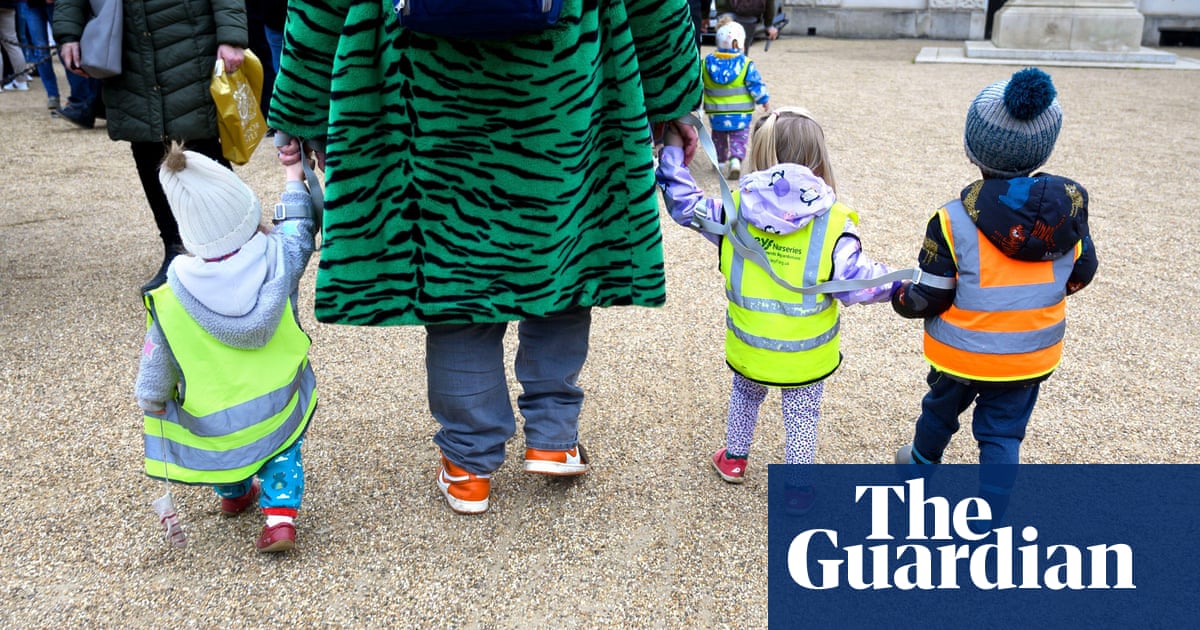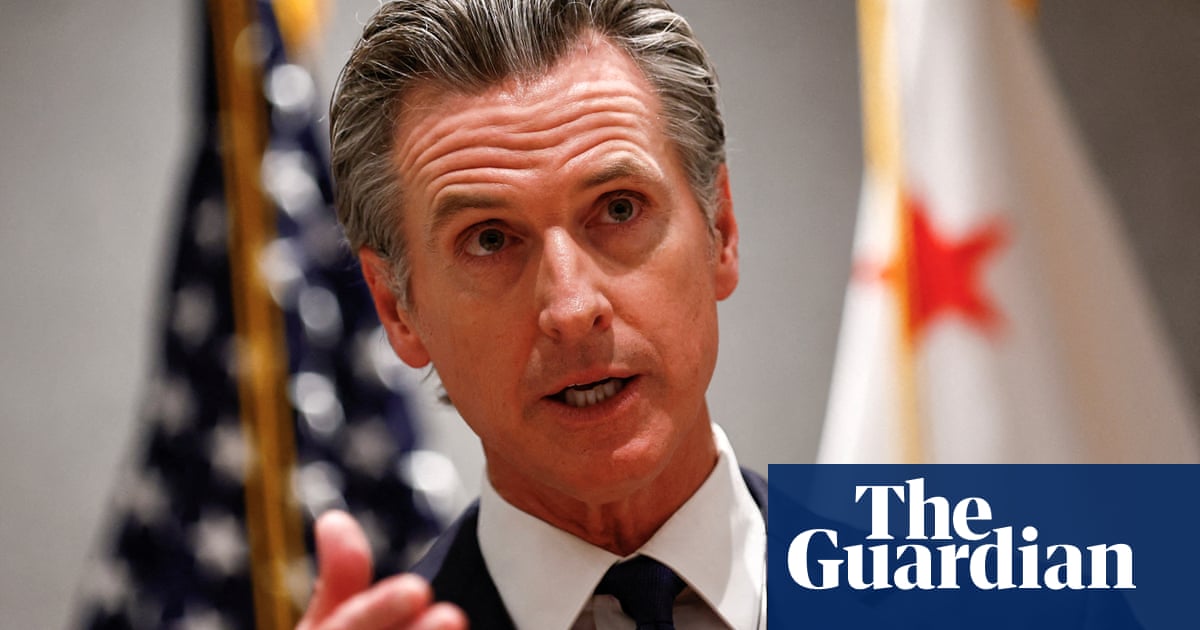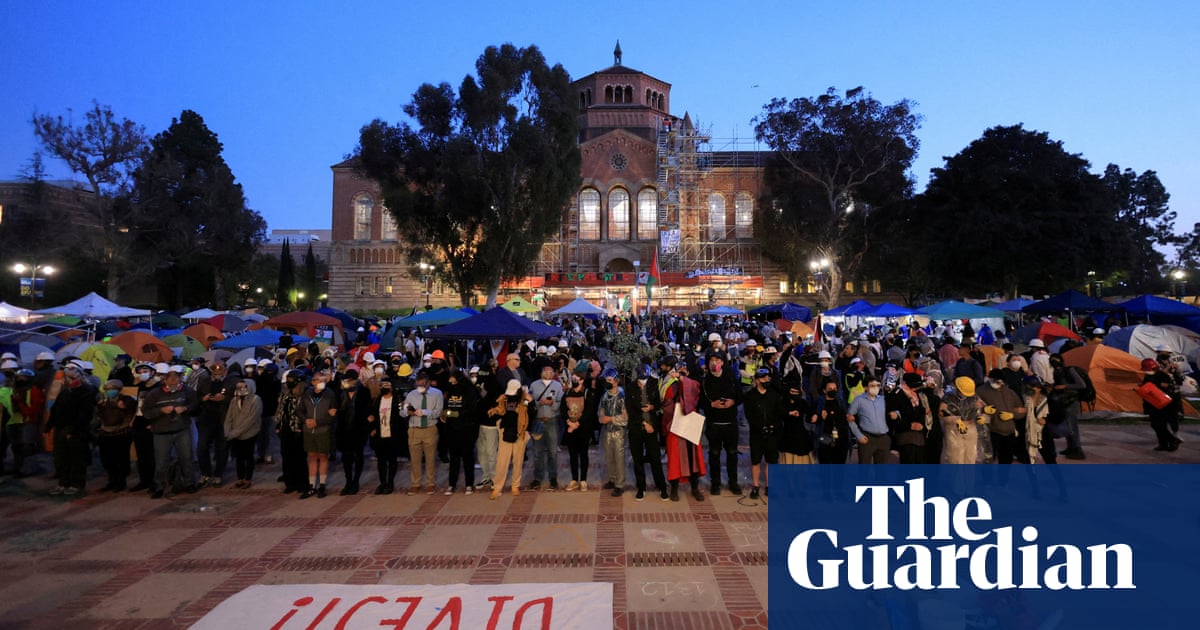I woke up on Wednesday morning to an email from someone I barely know, a white woman I met at a party this summer. The email was empty and the subject line simply read: “What a heartbreak”. She was writing to me, someone she spoke to just once for five minutes, about Donald Trump winning the US presidency.
This liberal (let’s call her Suzie) and millions of other voters are waking up with a fear that they haven’t felt this intensely in four years. And her new fear made her think of me, a random Arab she met one time. Maybe Suzie assumed that I share her fresh dread.
For years, in the lead-up to presidential elections, I have cautioned against the use of polls. And then in the aftermath of each election, I have explained why the polls were wrong. This election has been narrated with the same bold headlines based on vague numbers and I can’t bring myself to write this year’s autopsy (tl;dr: the data suggested it would be a close race – it was not). People prefer statistics about probable outcomes rather than the uncertainty of taking political action. That’s especially true for Democrats.
This time around, the Democratic party spent a billion dollars on what amounted to platitudes and vibes. They offered voters positivity with electoral slogans about “hope, joy and” – as if it were an afterthought – “action”. That message sounds especially hollow after four years of business as usual.
That is not to say that the Republicans didn’t also use feelings. Trump has exploited people’s worst fears about the economy and their hatred of immigrants , but he also understood that many people want a departure from the current state of affairs, which is why his language has always leveraged the idea of meaningful change rather than fuzzy feelings (it’s “Make America great again”, not “Believe America can be great again”). Democrats meanwhile offered no substantive action on the minimum wage, gun control, gender-affirming care or even a genocide. Americans didn’t necessarily get fonder of Trump – he got 3 million fewer votes than in 2020 – but they loudly rejected the status quo (Harris got 14m fewer votes than Biden did in 2020).
I stayed up on Tuesday night watching the election results with Arab friends. No one cheered as the map turned red. There was no joy, relief or even satisfaction in seeing a fascist collect votes in a country where we too live. But nor was there any shock in watching Trump defeat Harris. We have had no escapism in feel-good feelings or “yes we can”-isms these past few months; some of us have been too powerfully confronted by the facts of this administration. Reality has been relentless. We did not wake up feeling heartbreak about this election. We have been heartbroken by this country for a long time.
Worse still, this message from Suzie is probably one of the kinder ones that we will receive in the days and weeks ahead. Many on the left will blame journalists and voters who spoke out against the genocide rather than the politicians who actively supported it. The finger-pointing at minorities has already begun despite the fact that Harris lost by a larger margin than any third party’s vote count in swing states.
The disappointment that Suzie and many other Democrats feel this morning is a consequence of their faith. Some devoutly followed the party’s imperative to be optimistic about the election but many more believed that this country wasn’t all that bad really. If Democrats want to ameliorate their pain, there can be no more blank emails and no more election campaigns that don’t question the very core of how this country operates. Democrats must understand just how fatal their vacant optimism has been. There is much work to be done now, because for hope to work, voters need something to hope for.

.png) 3 months ago
41
3 months ago
41













































